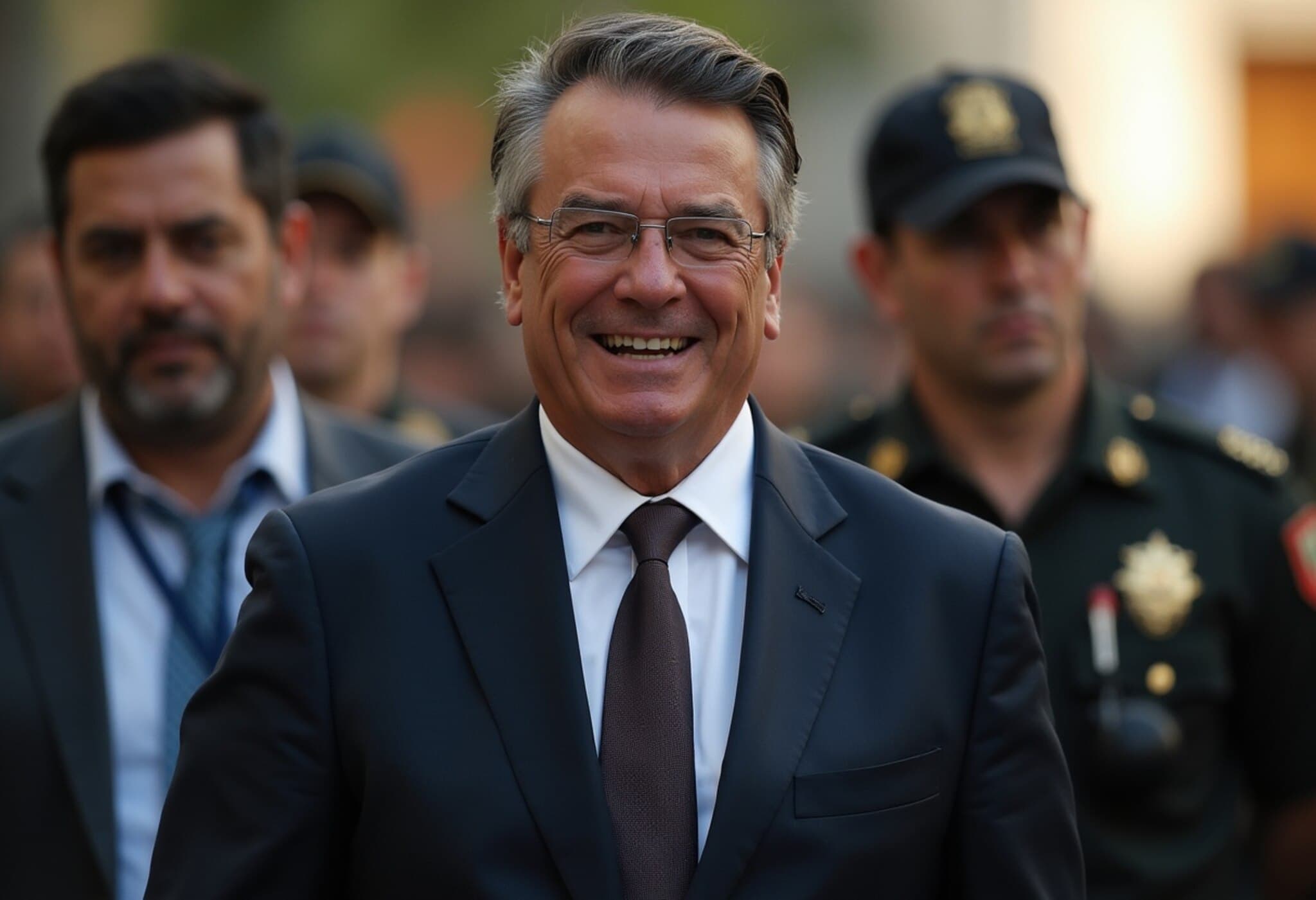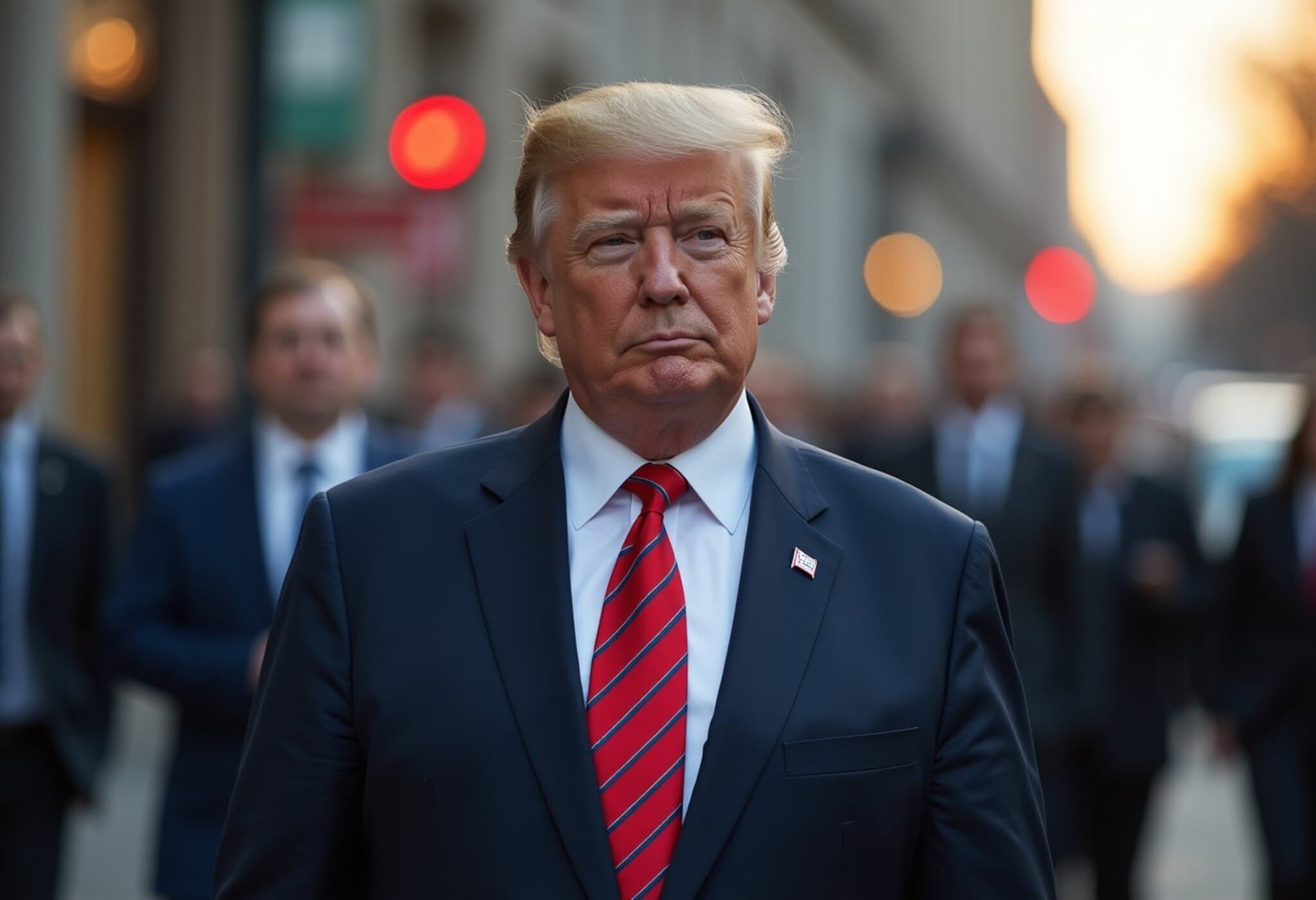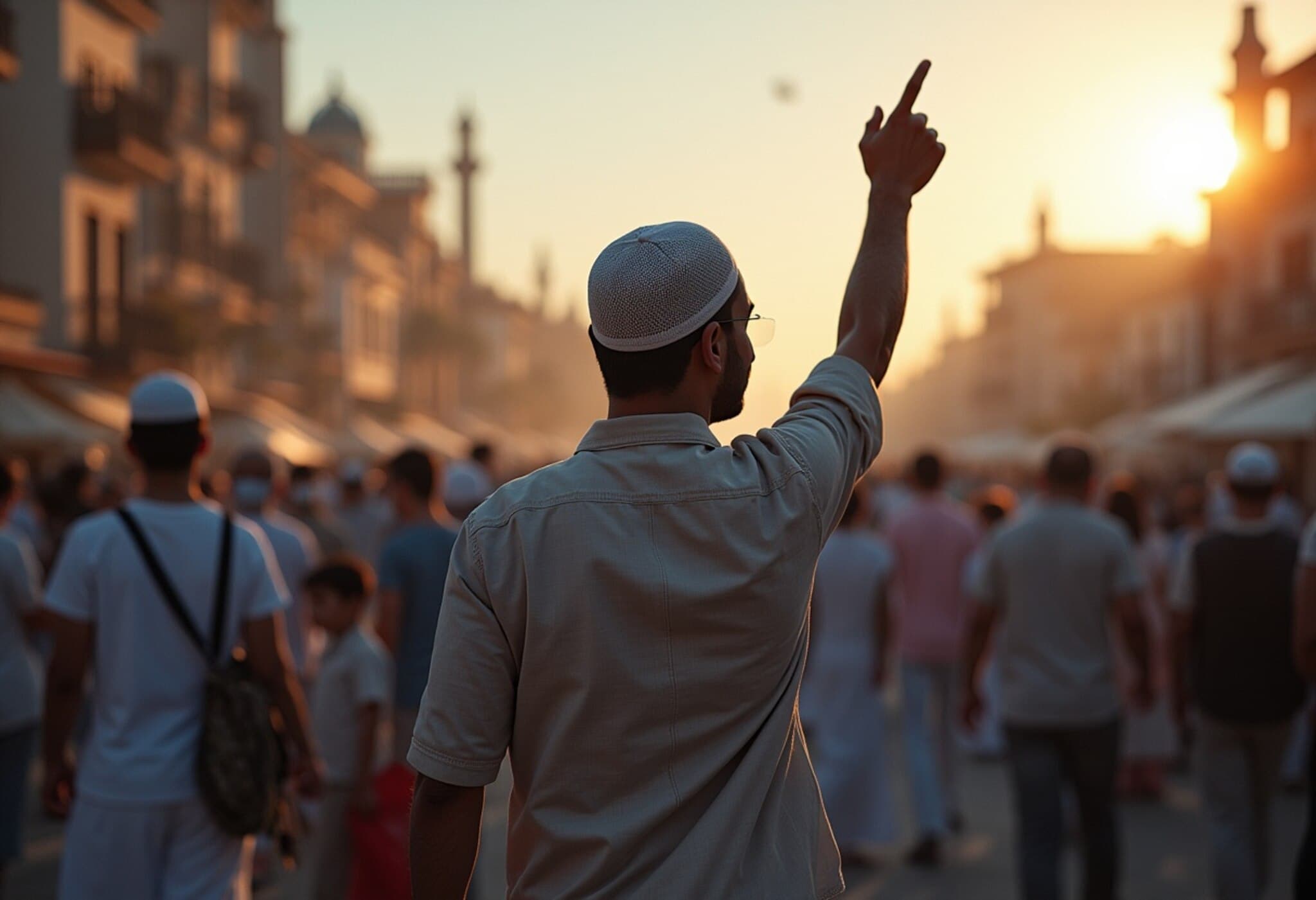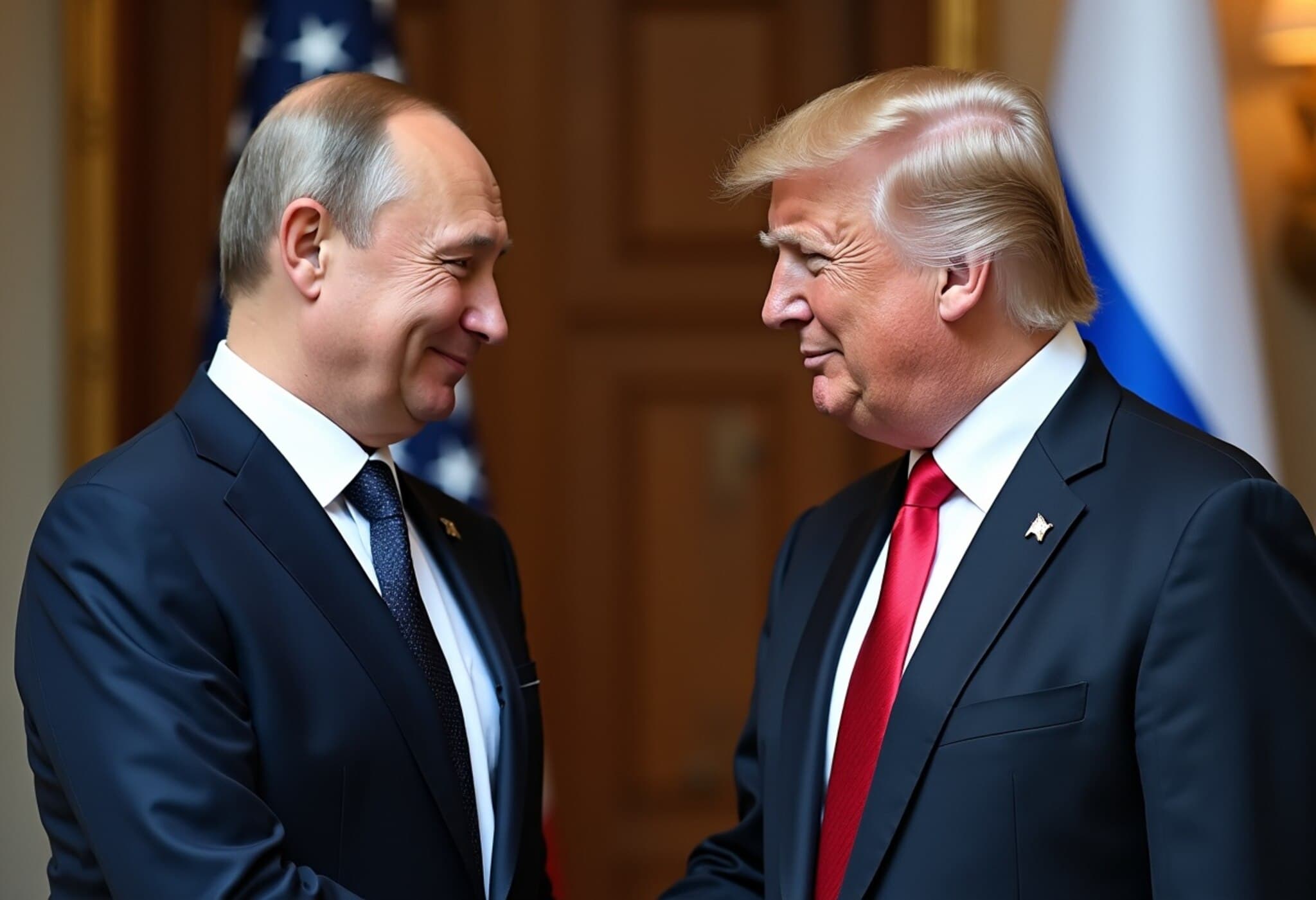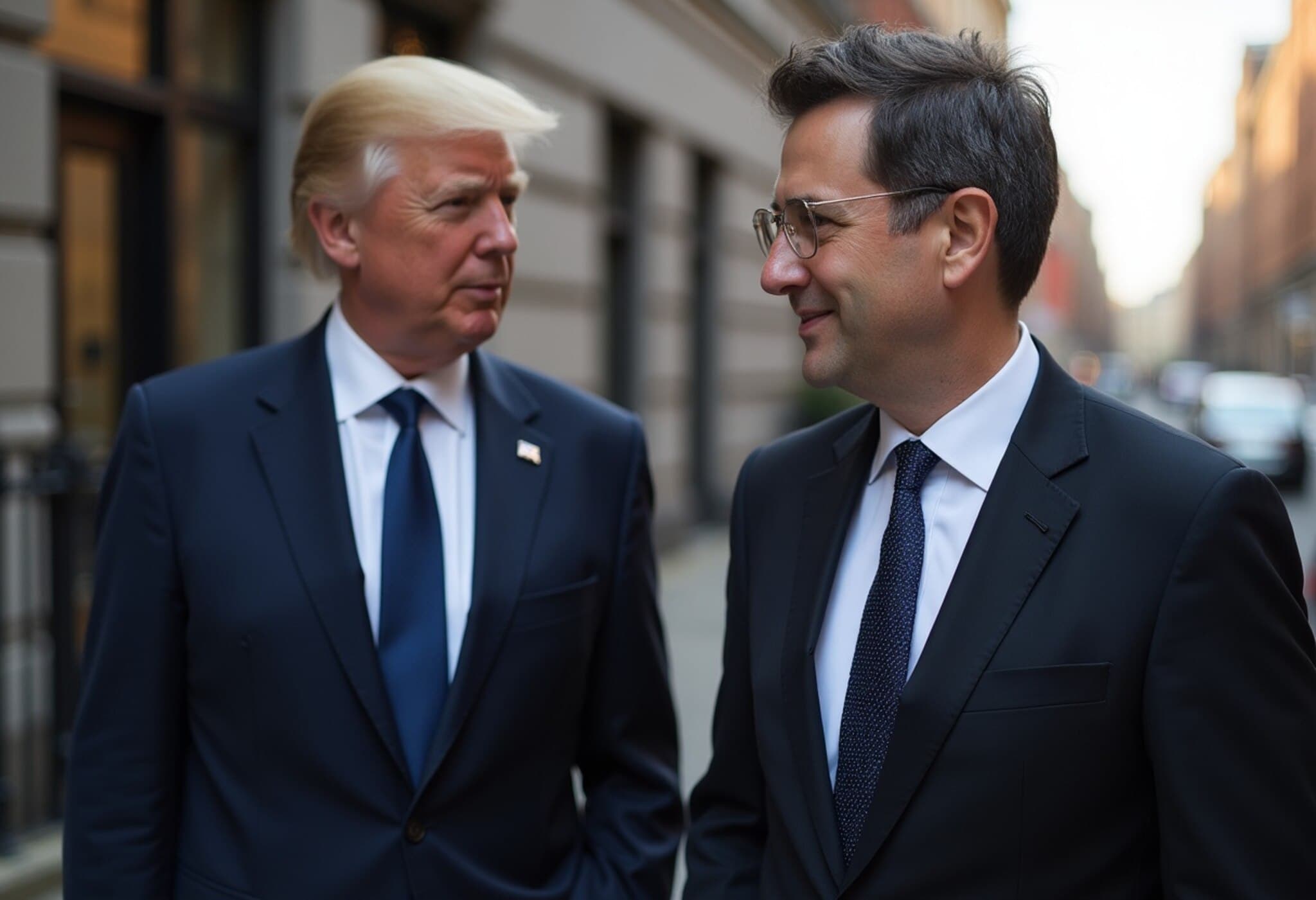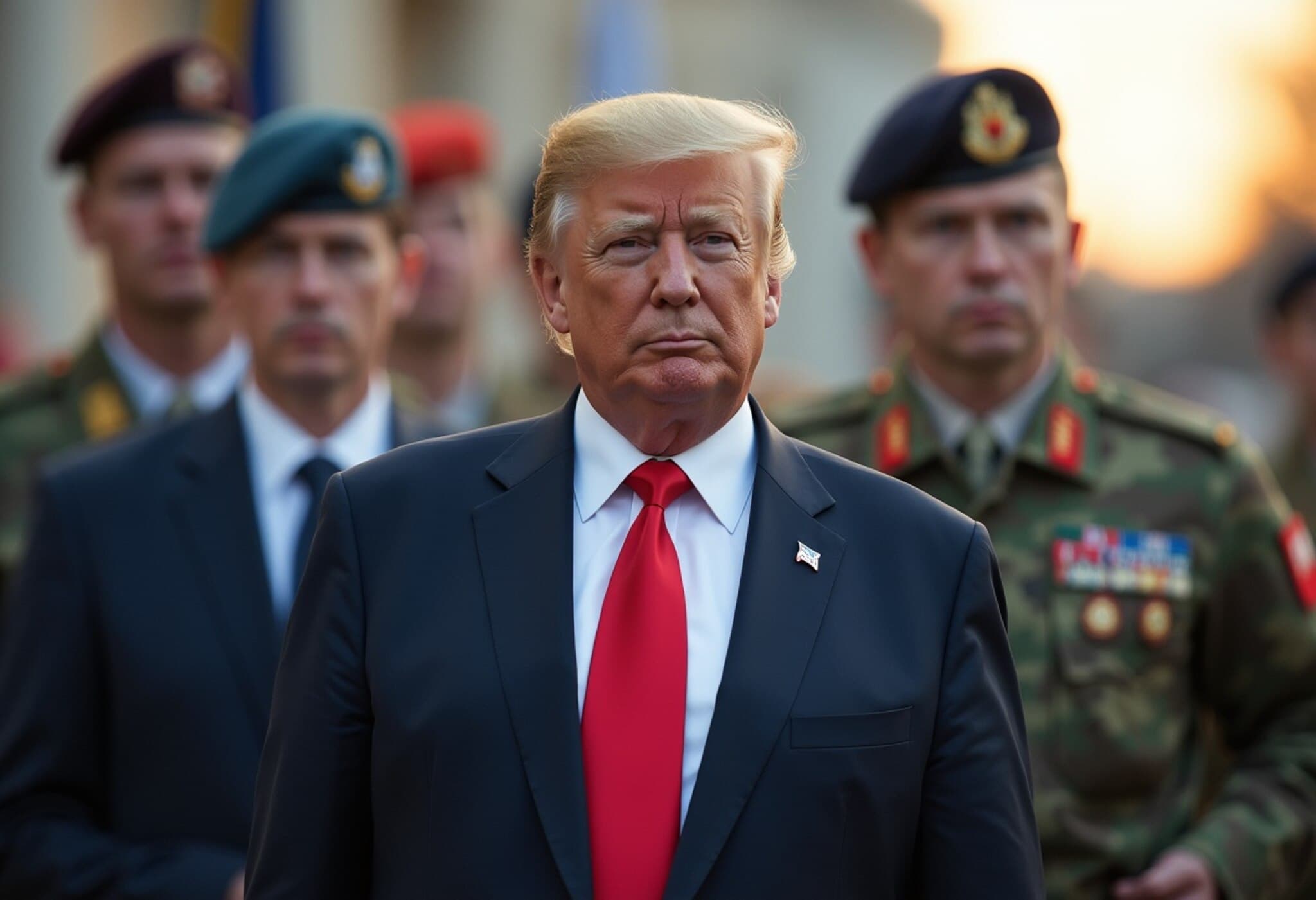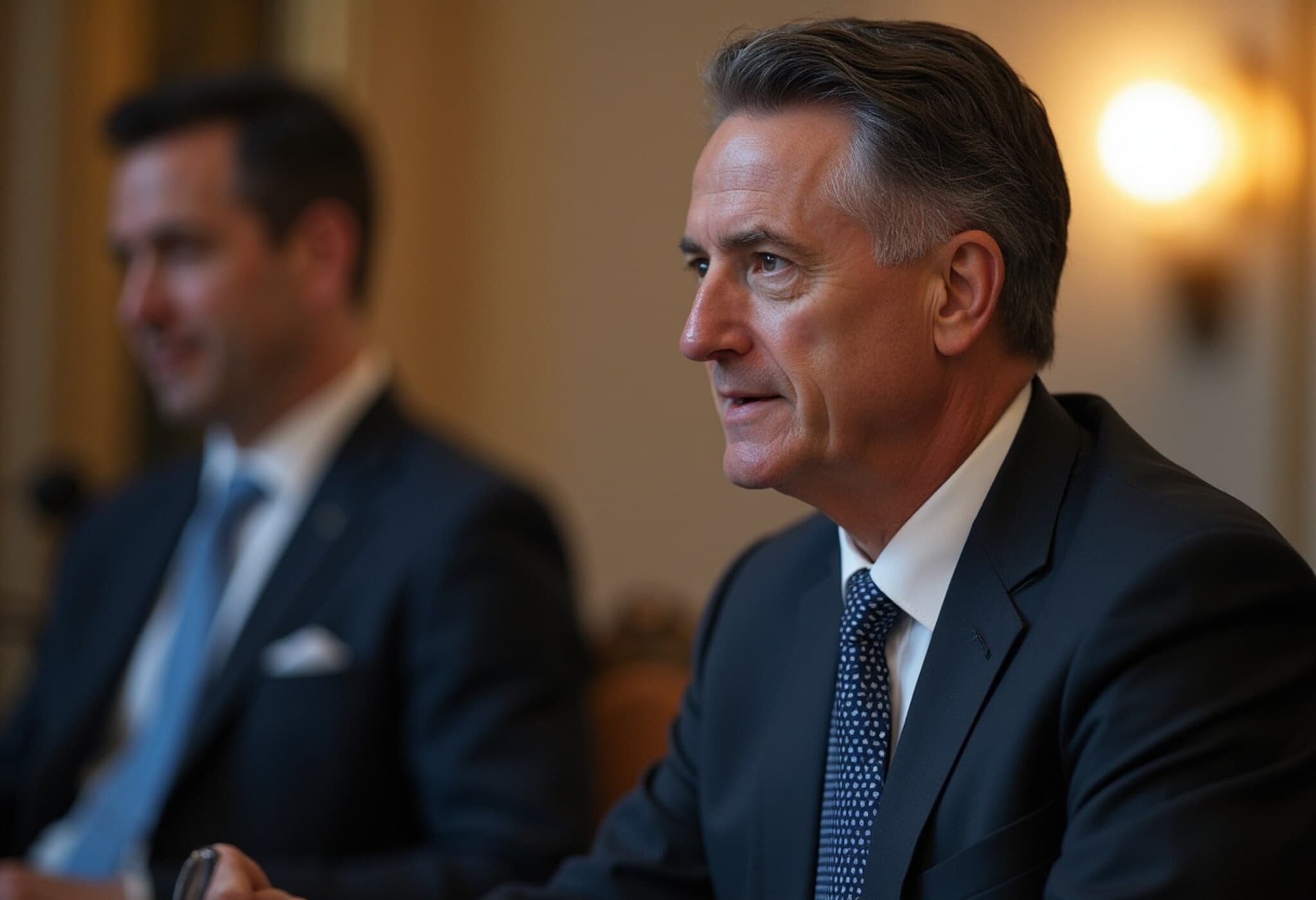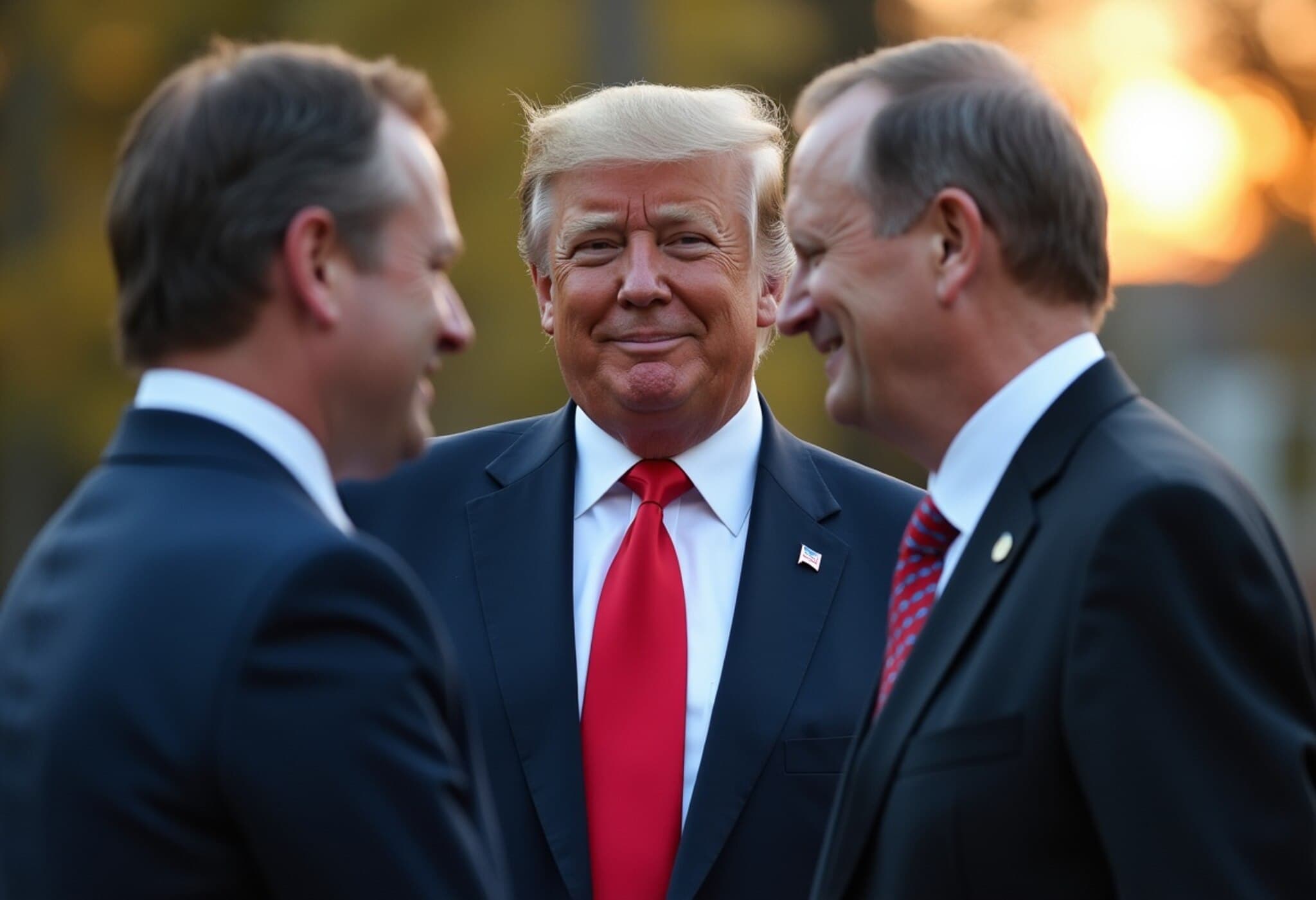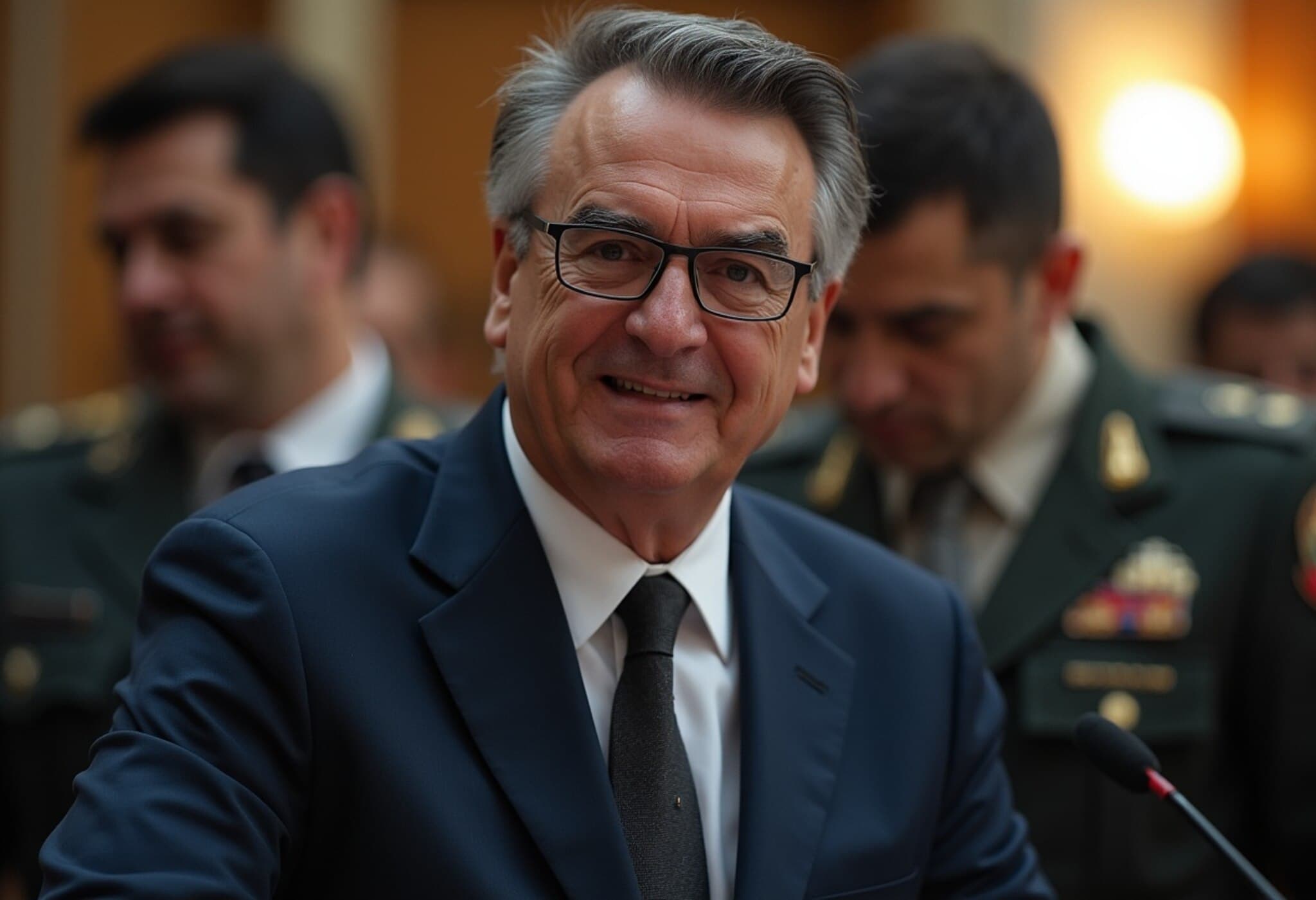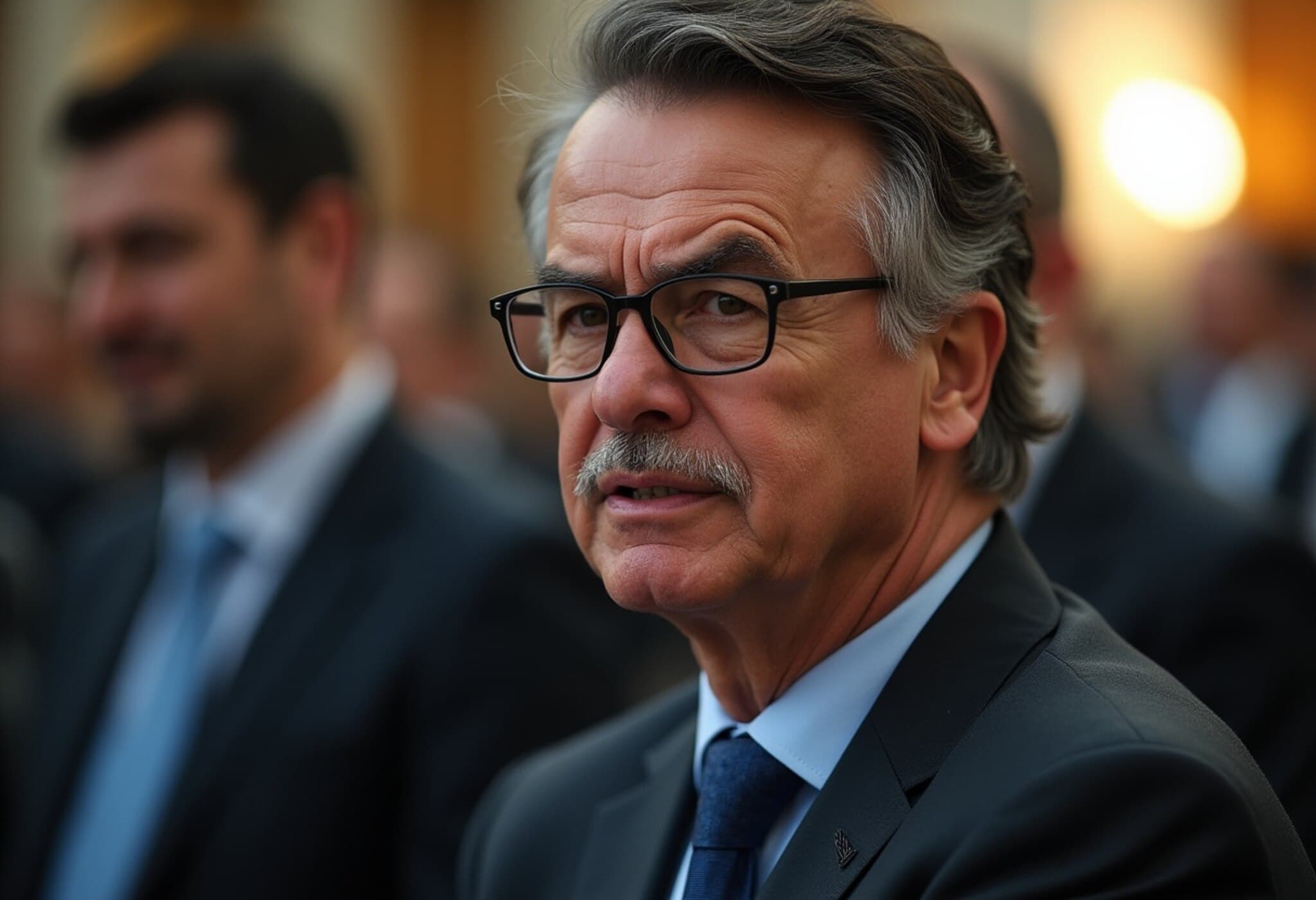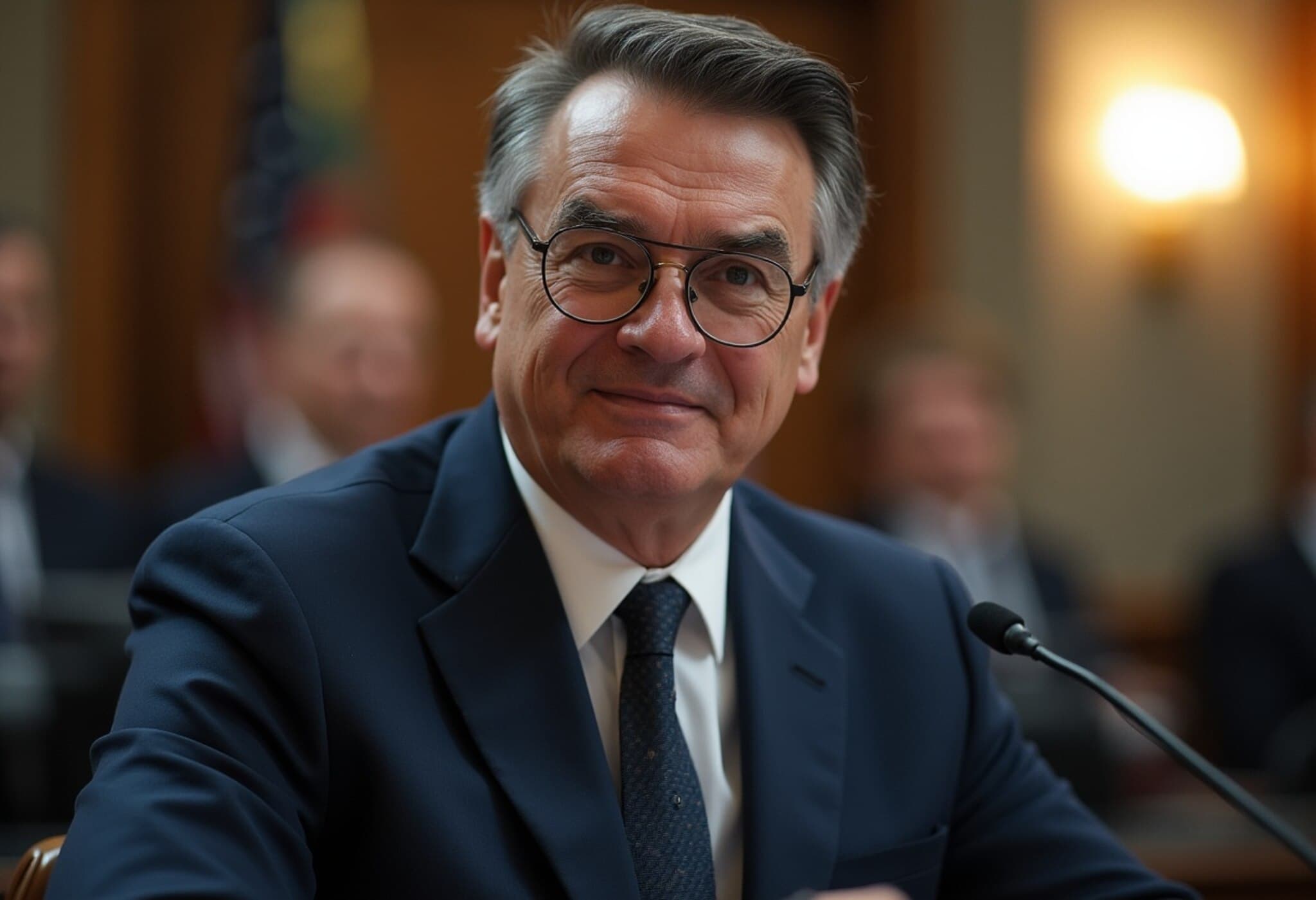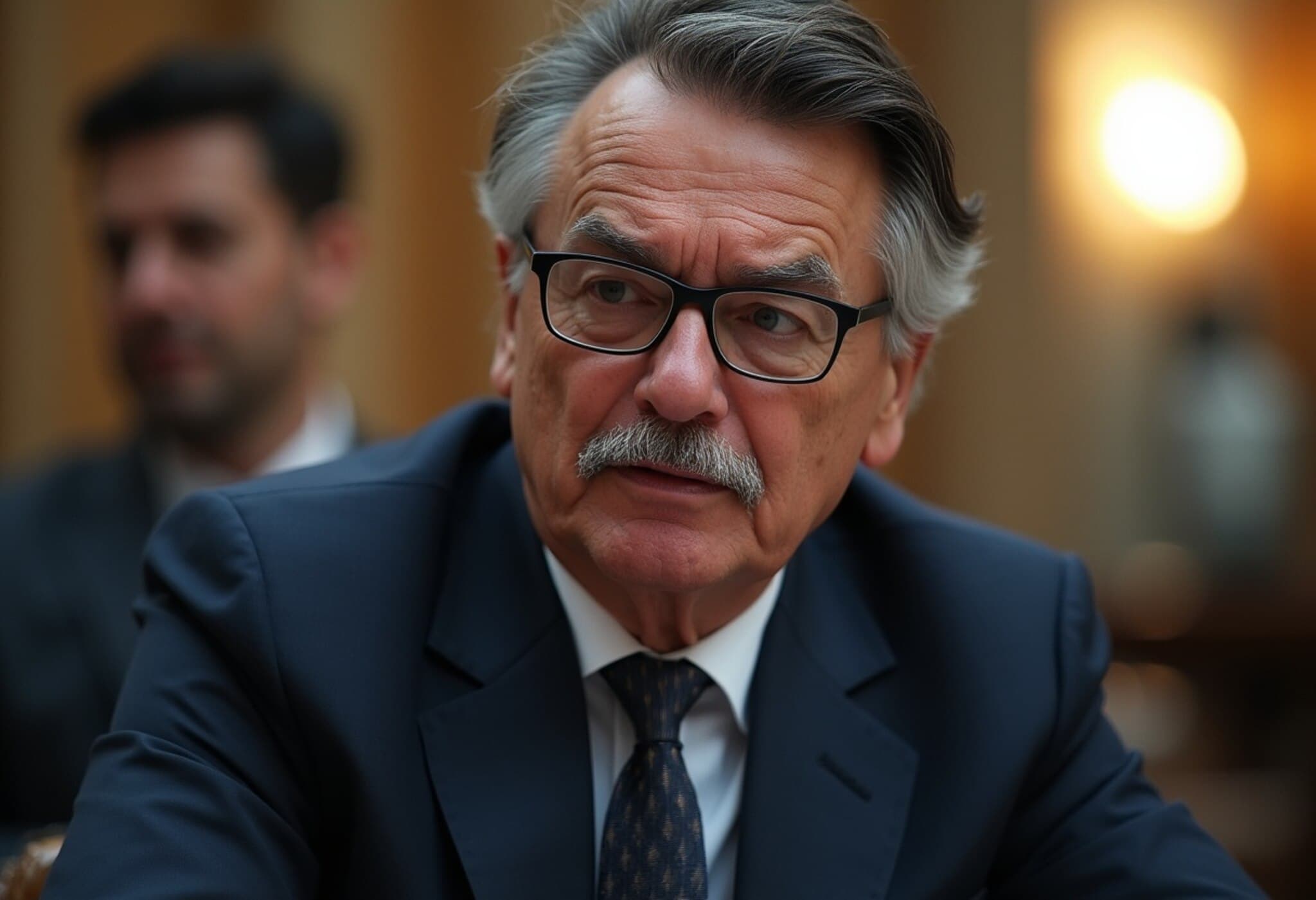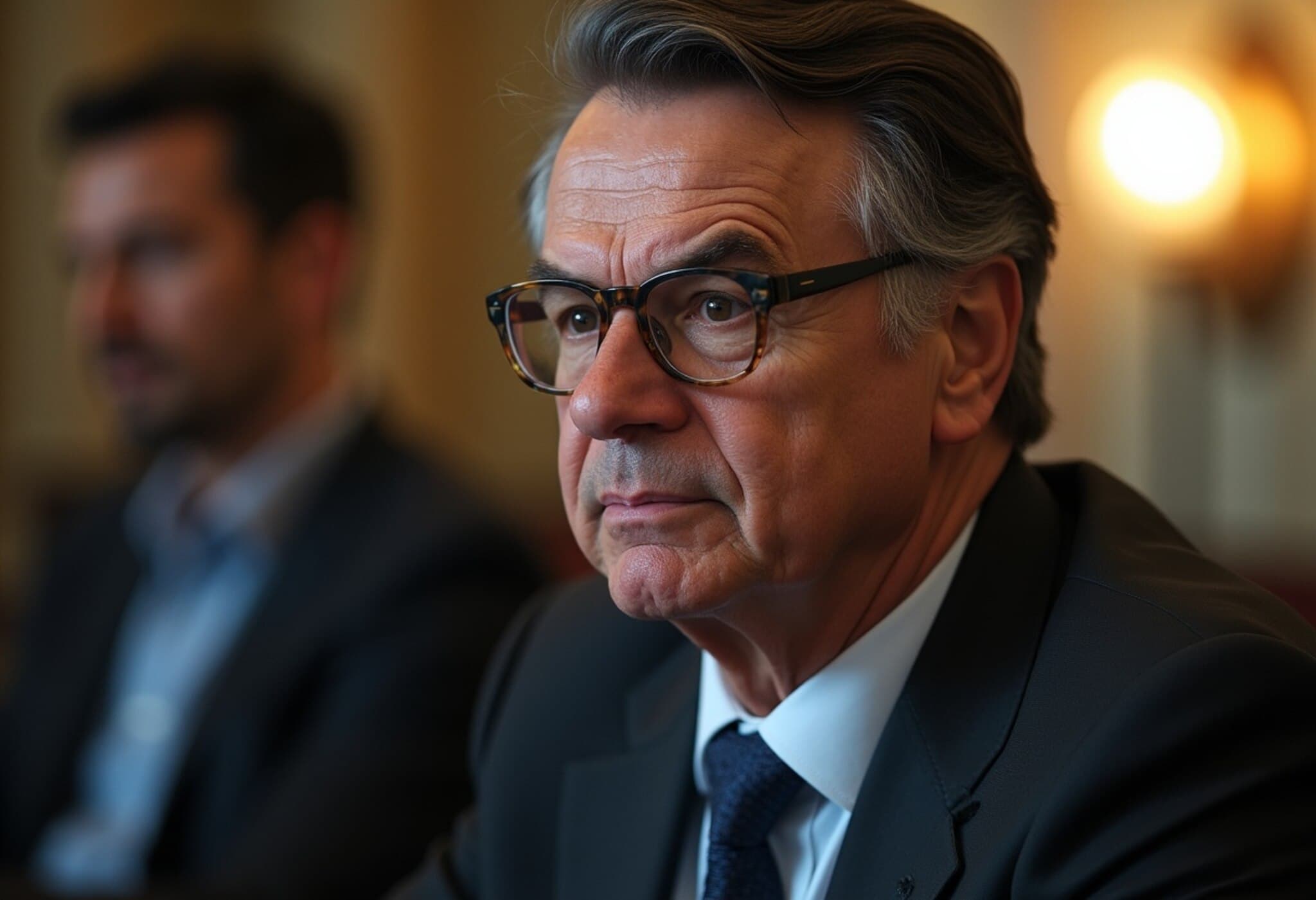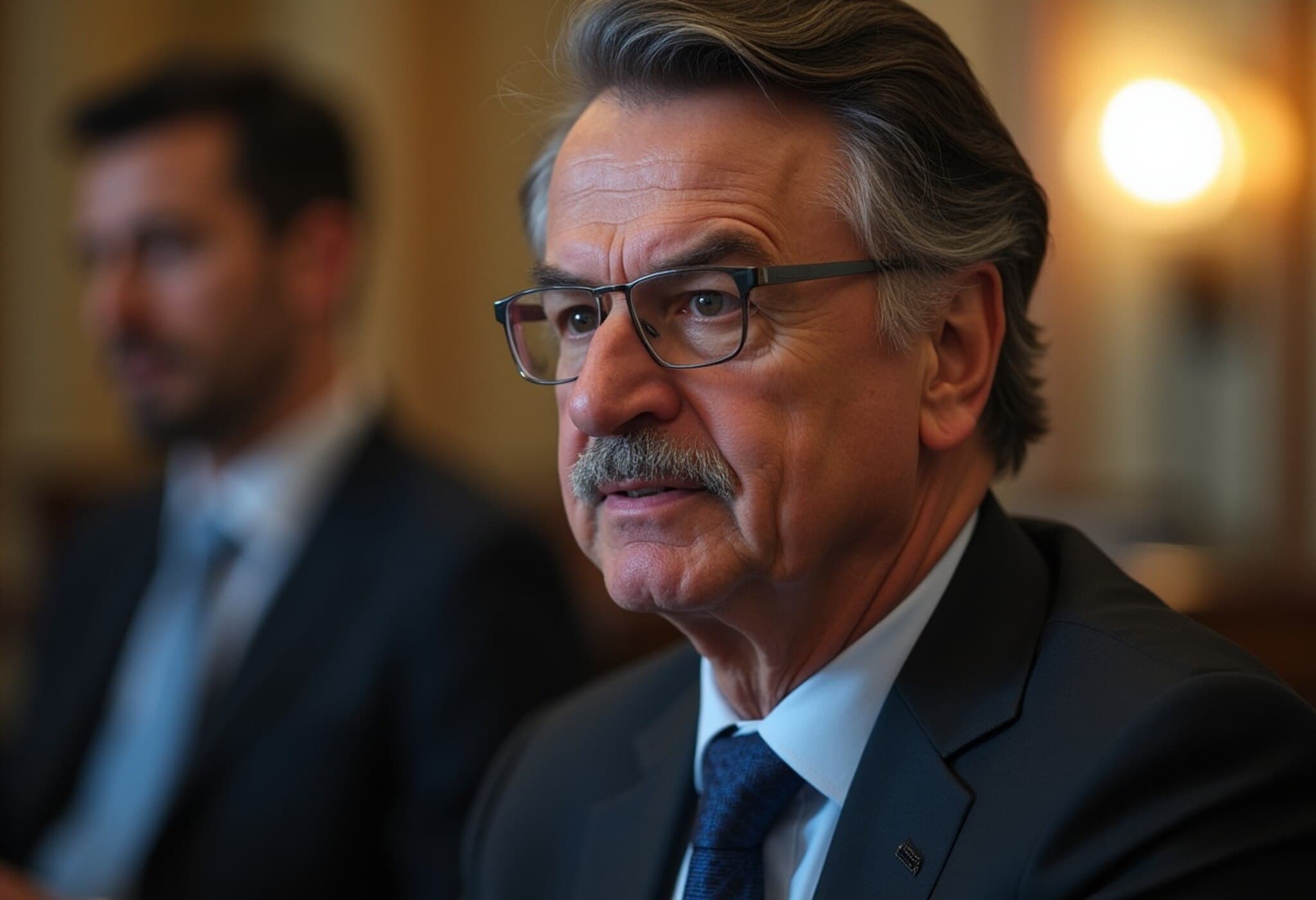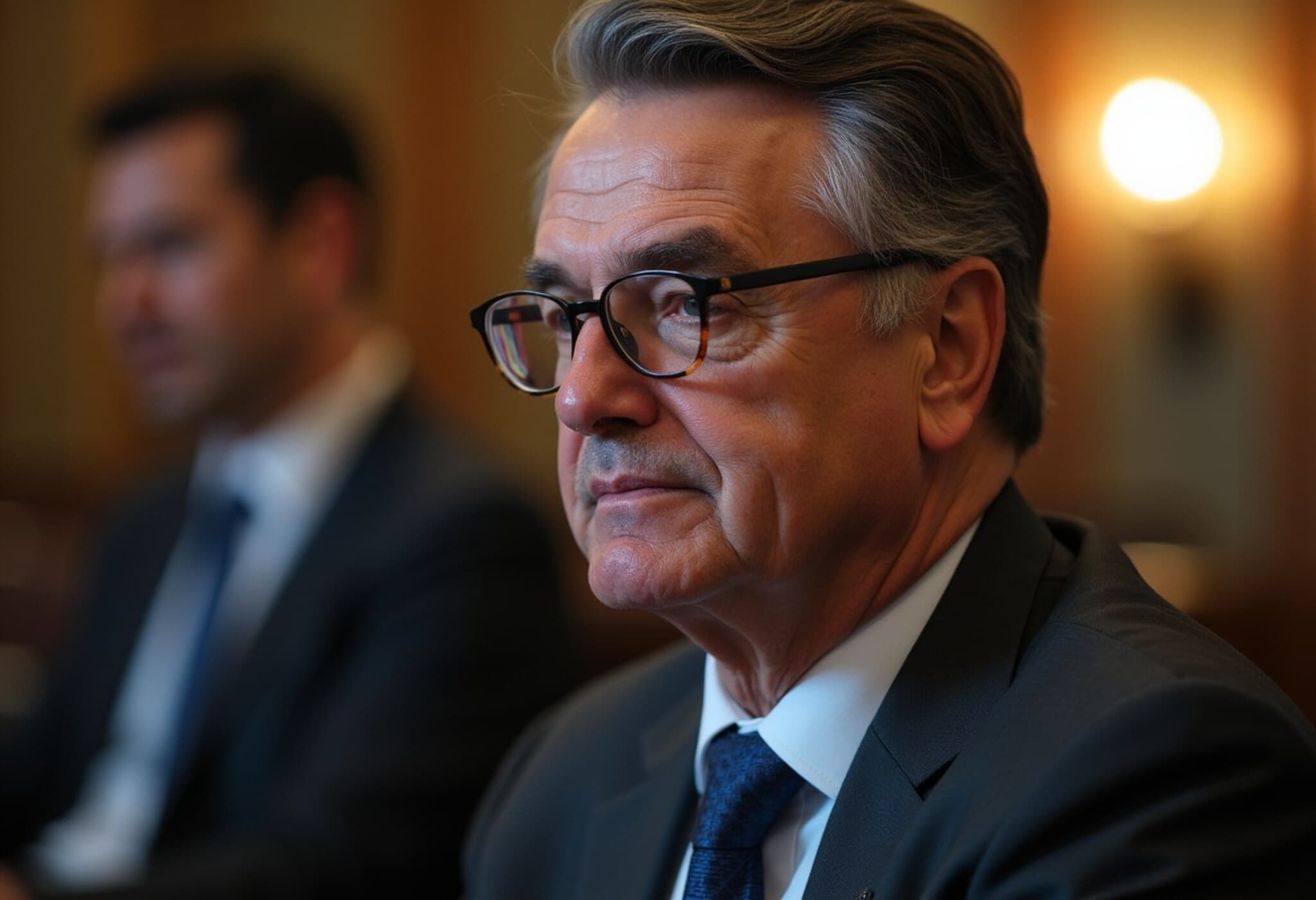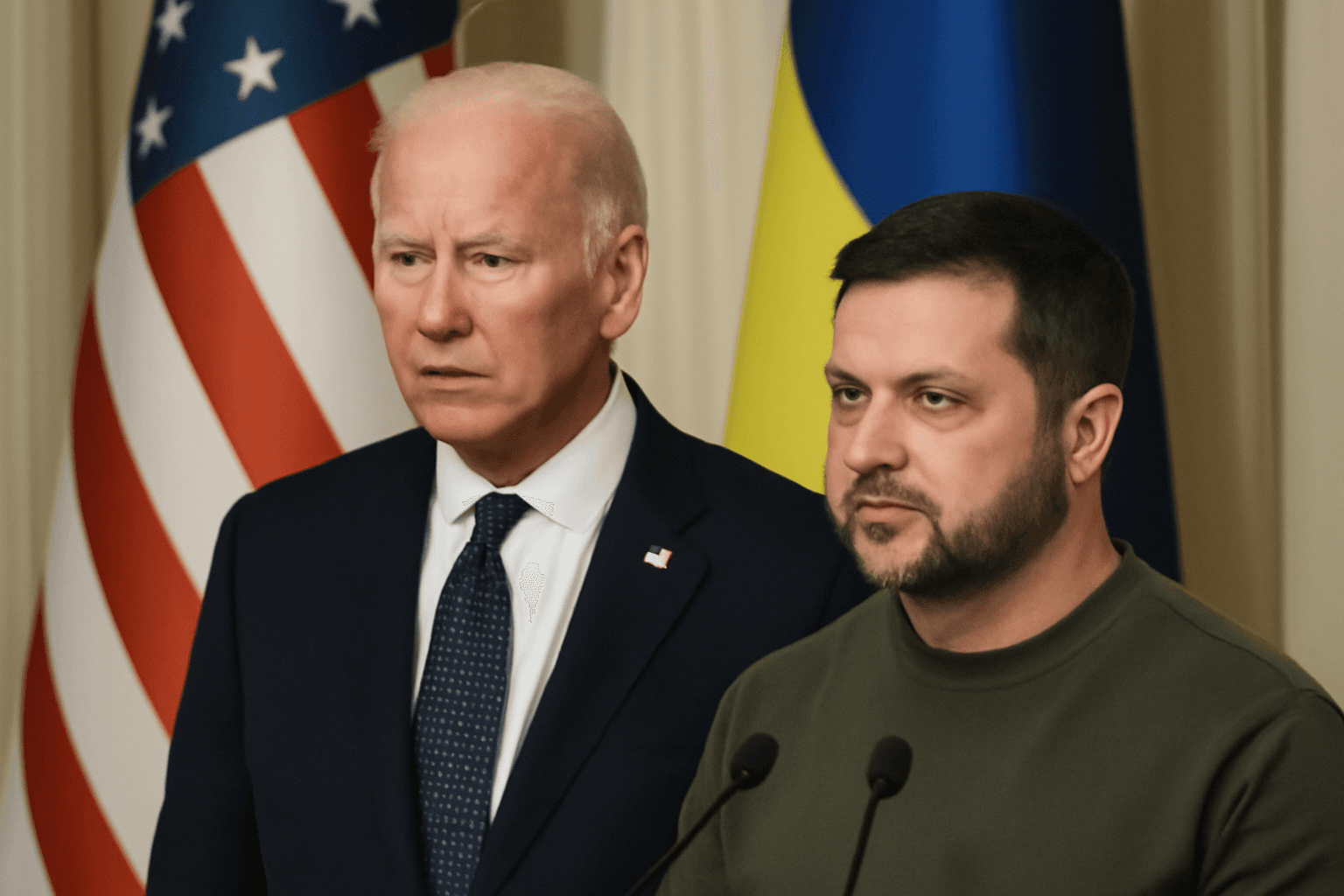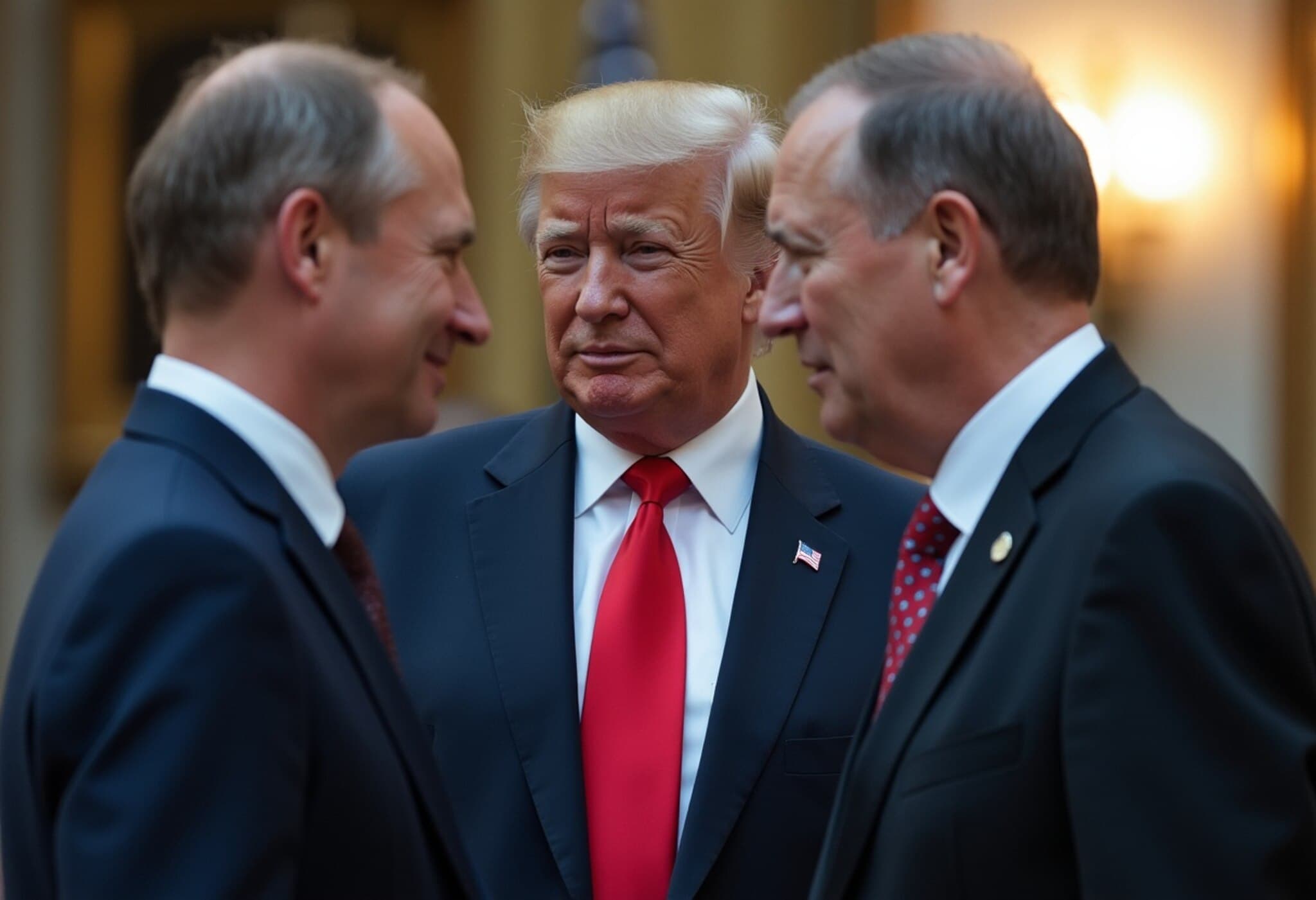Brazil’s Former President Bolsonaro Temporarily Freed for Medical Tests
Brazil’s ex-president, Jair Bolsonaro, briefly stepped out of house arrest on Saturday, August 16, 2025, to attend medical examinations in Brasilia. This development comes just weeks before Brazil’s Supreme Court is set to rule on accusations that he orchestrated a failed attempt to overturn the 2022 election results and cling to power.
Bolsonaro, whose presidency spanned from 2019 until his defeat in the 2022 election by leftist leader Luiz Inácio Lula da Silva, has been under house arrest since early August. The detention followed his breach of a judicial order prohibiting him from using social media platforms to publicly defend himself amid ongoing investigations.
Medical Reasons Behind the Temporary Release
A judge granted Bolsonaro a temporary reprieve from confinement after his legal team cited chronic gastrointestinal issues linked to a 2018 stabbing incident during his presidential campaign. These health complaints include persistent reflux and severe hiccups, necessitating hospitalization and specialized tests such as an intestinal endoscopy.
Upon arrival at a medical facility in Brasilia, Bolsonaro briefly acknowledged approximately 20 supporters waving Brazilian, Israeli, and American flags but chose not to speak to the press gathered around him. According to court orders, he is allowed to remain hospitalized for up to eight hours before returning to his residence under house arrest.
Legal Battle Looms as Brazil’s Judiciary Prepares to Decide
The Supreme Court is expected to begin considering Bolsonaro’s fate on September 2, with accusations centered on his purported role in planning a coup to invalidate the democratic election that resulted in Luiz Inácio Lula da Silva’s presidency. If convicted, Bolsonaro faces up to 40 years in prison, reflecting the gravity of charges that strike at the core of Brazil’s democratic institutions.
The Political and International Dimensions
Throughout the trials, Bolsonaro has steadfastly proclaimed his innocence, framing the prosecution as politically motivated. His plight has drawn international attention, notably gaining vocal support from former U.S. President Donald Trump. Trump criticized the proceedings as a "witch hunt" and responded by imposing 50% tariffs on various Brazilian imports, citing Bolsonaro’s "politically motivated persecution" as justification.
This international development adds complexity to Brazil–U.S. relations, highlighting how domestic political crises can ripple into economic and diplomatic arenas. It also raises questions about the role of foreign influence and rhetoric in shaping perceptions of judicial processes abroad.
Expert Perspectives
Legal analysts emphasize the significance of this trial for Brazil’s democracy, interpreting it as a precedent-setting moment for accountability in the face of anti-democratic actions. The judiciary’s ability to impartially adjudicate such a high-profile case underscores the strength and resilience of Brazil’s legal framework amidst political turmoil.
Moreover, experts caution against over-politicization of the trial, urging a focus on evidentiary substantiation rather than partisan narratives. For many Brazilians, the outcome will represent not only justice for alleged conspiracies but also a reaffirmation of constitutional order and electoral legitimacy.
What Lies Ahead
- September 2, 2025: Supreme Court commences hearings on the coup allegations.
- Potential legal repercussions could reshape Brazil’s political landscape.
- International observers will closely watch for implications on democratic norms in Latin America.
- Trade tensions between Brazil and the U.S. may escalate amid ongoing diplomatic strains.
Editor’s Note
This unfolding legal drama not only tests Brazil’s judiciary but also reverberates through international politics and economics. It invites reflection on the delicate balance between political expression, legal boundaries, and democracy’s foundational principles. As Bolsonaro’s health and legal battles continue, the world watches to see how Brazil will navigate this pivotal chapter in its political history.

